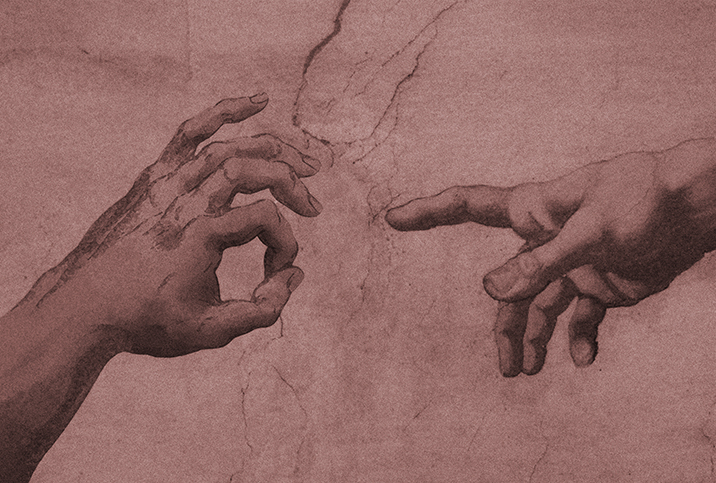Debates About Sex Addiction Are Counterproductive

It's certainly true that plenty of people claim to have a sex addiction and can attest to the impact their sexual compulsions have had on their life. Sounds serious. That said, sex addiction is not currently considered a diagnosable condition by the American Psychiatric Association. Other experts disagree.
There are reasons for this disagreement. Some researchers believe sex addiction is more of a moral problem. Other researchers contend that for a condition to be considered an addiction, the ingestion of a substance must occur. Some believe sex addiction is a genuine disorder marked by frequent sexual fantasies and impulsive behavior. And still other researchers believe that what people refer to as sex addiction is just a collection of behaviors stemming from other diagnosable mental health problems.
Whether sex addiction can be formally diagnosed or not doesn't change the fact that hundreds of thousands of people each year struggle with compulsive sexual behavior.
So what is sex addiction? Generally speaking, the term refers to a condition in which a person struggles to control sexual thoughts, urges and impulses. Compulsive sexual behavior, a more widely recognized condition often associated with sex addiction, consists of the same elements. The defining characteristic of compulsive sexual behavior is that individuals who deal with it continue to act on the compulsions despite the harm the behaviors may cause to their well-being.
Does the debate distract from treatment?
Even though the scientific community hasn't come to a consensus on the existence of sex addiction, focusing on whether it's diagnosable or not can stigmatize the struggles the term describes and can potentially prevent people from seeking help due to feelings of guilt and shame.
The behaviors under the umbrella of sex addiction can have dangerous and far-reaching consequences in a person's life. Anyone who is struggling with these symptoms and compulsions should be encouraged to seek treatment, regardless of the official diagnosis.
Individuals dealing with sexual compulsions often engage in risky sexual behavior that can lead to the spread of sexually transmitted infections (STIs), unwanted pregnancies and more. Acting on sexual compulsions can also cause issues in relationships and trouble at work.
For some people, acting on sexual compulsions may mean spending excessive amounts of money for online or in-person sexual encounters, behavior that can lead to financial stress. Strong sexual compulsions may become consuming in nature, causing difficulty with personal or professional goals. Additionally, certain expressions of sexual compulsions, such as public indecency, can cross personal and legal boundaries.
Ties between sexual & mental health
While the debate around sex addiction is complicated, the fact that sexual compulsion intersects with other mental health disorders should not be disregarded. Regardless of the condition's label, it's important for people who struggle with these issues to seek professional help.
A variety of treatment options are available. In fact, 12-step recovery programs similar to Alcoholics Anonymous have been designed for people who are struggling with sexual compulsions. Many people find success through other forms of treatment, too, such as talk therapy, group counseling and even medications.
If you think you may be experiencing sexual compulsions, don't hesitate to seek help and lean on your support group. Doing so sooner rather than later can help you avoid or minimize the complications of acting on sexual compulsions.
















